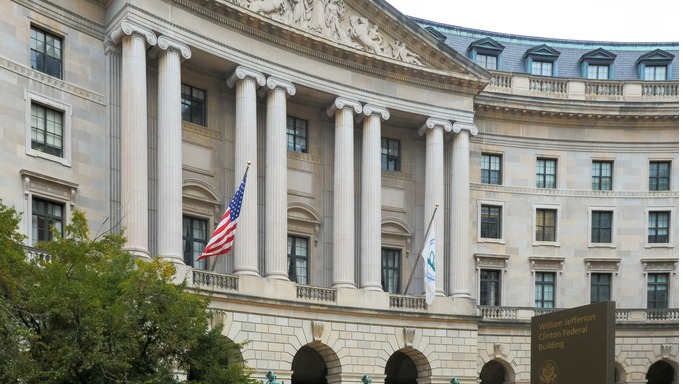The mainstream media is right to portray the Supreme Court’s recent decision in West Virginia v. EPA as one of the most consequential of the term. But the 6-3 decision has a lot less to do with climate change and a lot more to do with restoring American democracy than the media would have people believe.
At issue in the case was the Obama administration’s 2015 decision to impose cap-and-trade energy regulation through an obscure and little used provision of the Clean Air Act. The Environmental Protection Agency’s (EPA) Clean Power Plan relied upon Section 111(d), a provision long thought only to require more efficient technology to restructure the entire United States energy industry.
As the White House put it, the Clean Power Plan would “drive a[n] . . . aggressive transformation in the domestic energy industry.” This transformation would be costly. EPA’s own modeling concluded that the rule would entail billions of dollars in compliance costs, require the retirement of dozens of coal-fired plants, and eliminate tens of thousands of jobs across various sectors. The Energy Information Administration projected that the rule would cause retail electricity prices to remain persistently 10% higher in many States and would reduce GDP by at least a trillion 2009 dollars by 2040.
Not so fast, said West Virginia and a number of other states that believed decisions of such significance should be made by the people’s elected representatives in Congress, not the EPA.
Last month, the Supreme Court agreed, holding that Congress did not confer to the administrative state the breathtaking power that the EPA asserted. In so holding, the Court invoked the major questions doctrine, a doctrine which says that in “extraordinary cases” involving significant social, political, or economic questions, courts are cautious to confer broad authority on an administrative agency. As the Supreme Court explained, extraordinary grants of regulatory authority are rarely accomplished through “modest words,” “vague terms,” or “subtle device[s].” Congress does not typically use such language to radically and fundamentally change a statutory scheme. It does not, in other words, hide elephants in mouseholes. When an agency regulates in an area with an important economic, social or political valence, it must show “clear congressional authorization” for the power it claims.
The major questions doctrine is grounded in separation of powers concerns. The doctrine ensures that Congress makes the major policy decisions itself, that it legislates as is its responsibility under Article I of the Constitution. But as the Founders warned, the various branches will often seek to consolidate power. Thus it’s no surprise that the executive branch might seek to accomplish via regulatory fiat what it could not accomplish through congressional legislation. Indeed, the Supreme Court majority identified a “recurring problem” that the major questions doctrine rectified: “agencies asserting highly consequential power beyond what Congress could reasonably be understood to have granted.”
The Supreme Court had no trouble in concluding that the major questions doctrine applied in West Virginia v. EPA. In arguing that Section 111(d) empowers it to substantially restructure the American energy market, the EPA “claim[ed] to discover in a long-extant statute an unheralded power” representing a “transformative expansion in [its] regulatory authority.” It pointed only to vague language and used that extant provision to adopt a regulatory program that Congress had conspicuously and repeatedly declined to enact itself. The Court found it “highly unlikely that Congress would leave” to “agency discretion” the decision of how much coal based generation there should be over the coming decades.
The Supreme Court’s decision in West Virginia v. EPA is an enormous victory for the rule of law and for separation of powers. Going forward, the Supreme Court will review significant agency actions with the understanding that decisions of magnitude and consequence rests with Congress itself and with an agency only when acting pursuant to a clear delegation from Congress.
So, contrary to the media’s portrayal of the West Virginia case as an attack on the environment itself, the case just clarifies that it is for Congress, and not unelected administrative agencies, to make the most important social, political, and economic policy decisions of our day.

